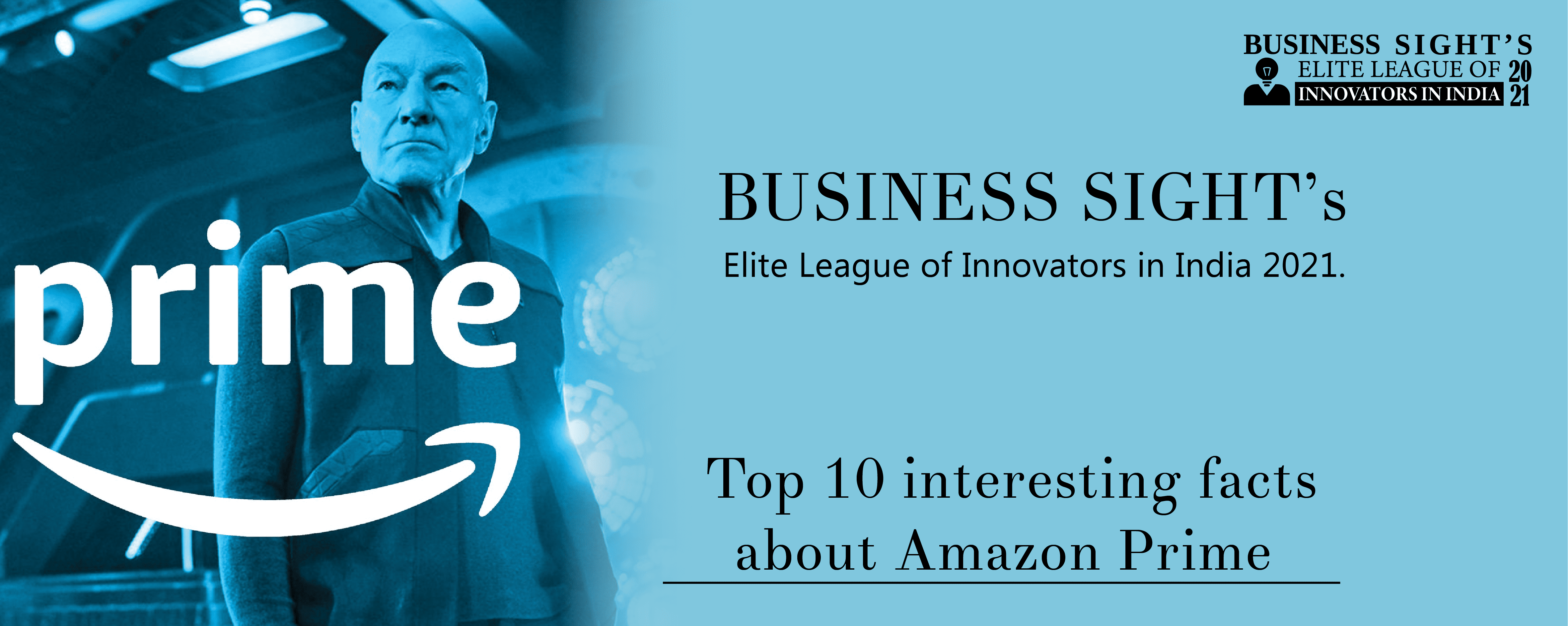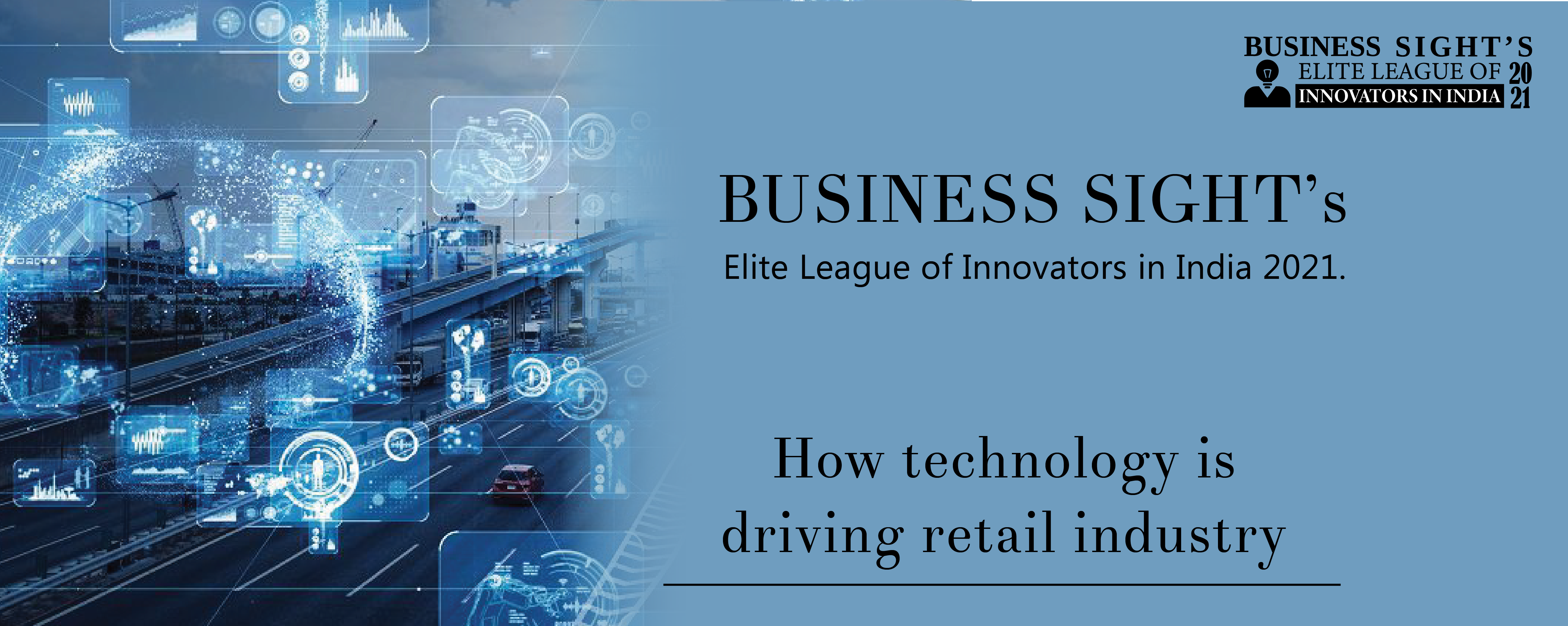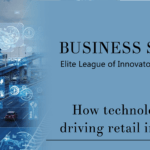The year of 2018 flourished with innovative breakthroughs in the technology sector such as IoT, Machine Learning, Artificial Intelligence, 5G, 3D metal printing and much more. However, what’s 2019 going to witness? What advancements are expected? How are these going to affect our future?
Consumers and enterprises have a lot of untapped potentials of technology to look forward to, as technology is consistently becoming more reliable and affordable to serve mass markets.
Let’s get onto what technology has kept reserved for 2019, reveal possibilities that heighten the momentum of the applications that it currently serves, and delve further into more industries to explore newer applications.
Blockchain to go mainstream
Blockchain proved to be a steadily progressive operation soon after its introduction. It has applications that began in finance (it was initially deployed to manage Bitcoin transactions), now covering the sectors of governance, healthcare, manufacturing, supply chain, and many others. 2019 is going to witness how it is going to be incorporated into 50% of the businesses nationwide.
A study by the Cambridge Centre for Alternative Finance indicates the 20 % of the banks surveyed affirmed they would deploy blockchain technology into the corporation within the next couple of years. Also, 40% of them admitted that they believe blockchain will be a staple of finances within the next decade. The UK Central Bank announced that it would adopt blockchain technology in their interbank transactions to strengthen their security systems and collect more business.
This self-disruption of classical systems is going to be a positive part of the trend, bringing more innovation as well as transparency to the ecosystem.
More autonomous gadgets to be worked on
The use of artificial intelligence to make devices perform tasks traditionally done by humans is going to exponentially increase in 2019, creating space for several autonomous gadgets.
Autonomous things are categorized into five types, viz. –
• Robotics
• Vehicles
• Drones
• Appliances
• Agents
Although they do not have the same capability as a human brain for decision making, intelligence or general-purpose learning, they are reliable to a great extent for human tasks such as farming, driving, parking, etc. Many companies today are working on such bots. With Alexa, Cortana, Google assistant, and Siri, users already perceive the power of AI and what the future could be. Recently, Volvo revealed their first fully autonomous electric car which promises a peak into the future of travel. Sophia, the humanoid bot developed by Hanson Robotics has secured citizenship of Saudi Arabia, traveled the world giving talks and debating the future of humanity.
Further developments in the field of artificial intelligence are accelerating, and AI-based cybersecurity to prevail
With the increasing awareness about the worth of personal information, digital privacy is a significant concern for consumers. The enterprises that don’t pay enough attention to privacy and ethics will find themselves in a challenging position going forward.
87% of the cybersecurity professionals are stated to be aided by AI in the year 2018, and the number is sure to be increased. By and large, total adoption of AI-based cyber security is expected to come about in 2019. The reason for reliance on robots for a thing as crucial as cybersecurity is not one, to name a few, we say that they –
• easily transform incident data and prior responses into a proactive security stance
• are not only quick and accurate but also intelligent enough to eliminate false positives
• automate security prioritization
• learn and retain past threat
Evolution of computing
A deviation from the classical form of computing is expected to flourish in the year 2019. Development of quantum computers is consistent, and these next-gen computers are expected to become commercially highlighted.
Quantum computers are multiple times more reliable and efficient than the classical ones; they can theoretically work on millions of computations together at once. Also, they’re expected to solve most of the problems that modern computers aren’t capable of. The inclusion of superposition and entanglement phenomena is what brings significance to these mechanized brains.
Recently, IBM has developed a fifty cubit computer, which it has made open to use, researchers are already using quantum computers for simulations and other computation.
Introduction to new operating systems, antivirus and other advanced software will be a part of this trend of evolution.
So we saw five emerging disruptive technologies that are going to serve frontiers on realms of research, entrepreneurship as well as consumption. Although the tech sector always has something unexpected to present, the operations stated above are much promising and well grounded. They’re sure to transform the market in every due aspect.

















